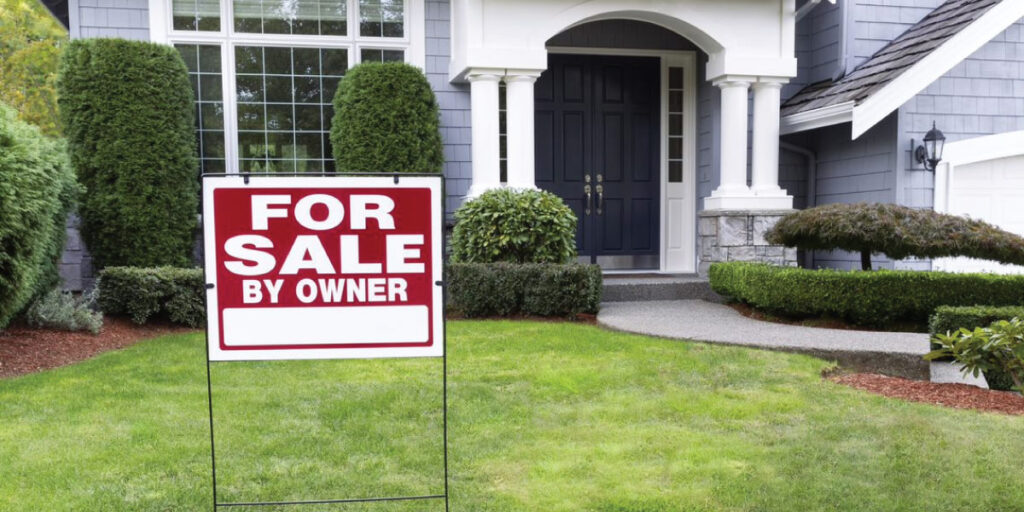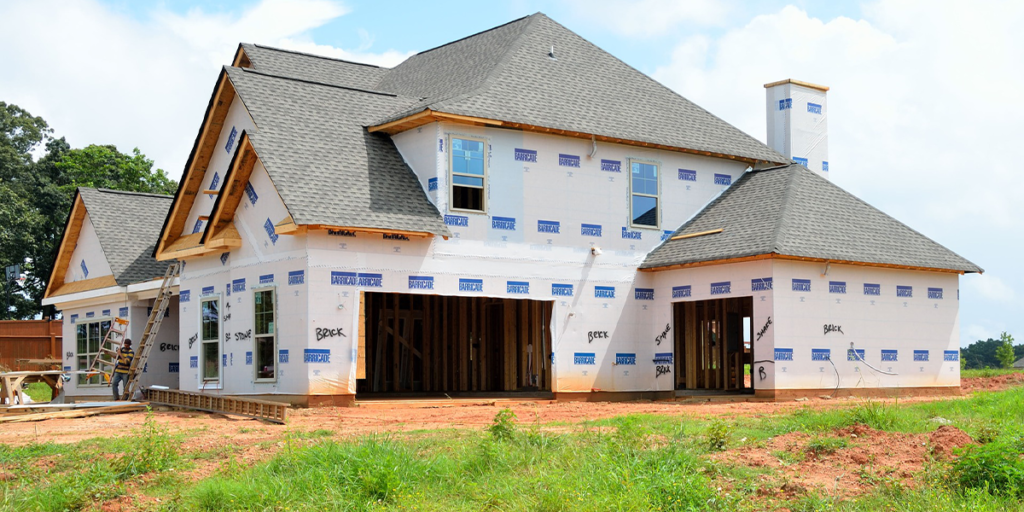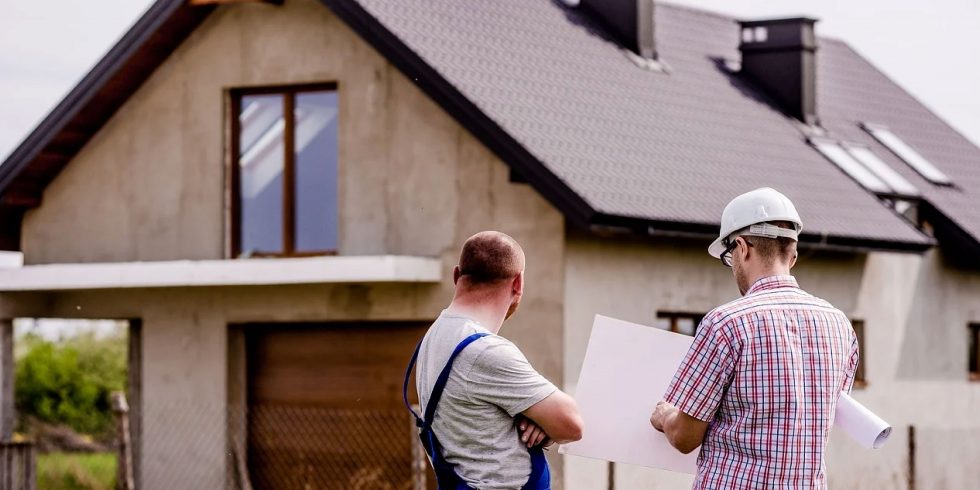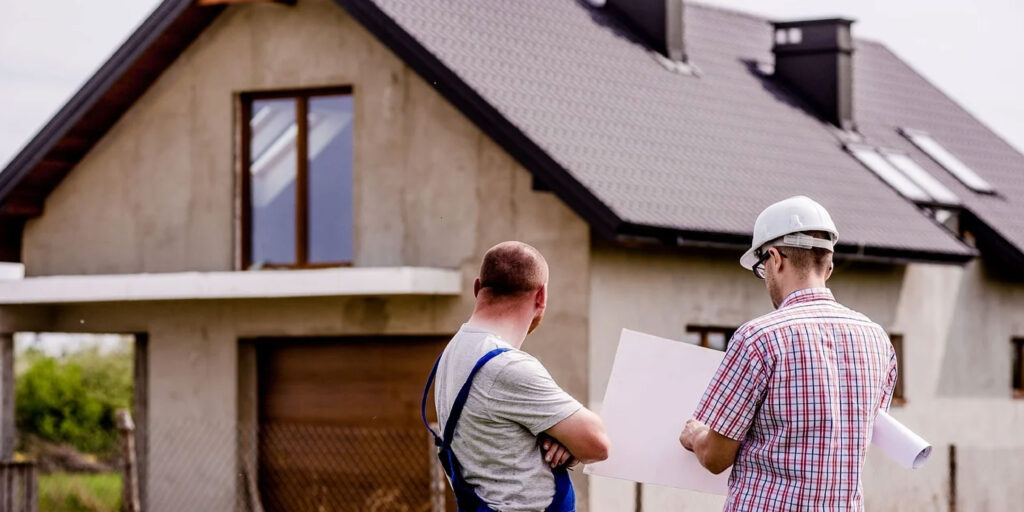Owning your own home comes with many benefits and opportunities. When the house is yours, you can decorate, paint, and make modifications to suit your style and needs. But did you also know that there are tax benefits to owning a home? That’s right, owning a home can allow you to claim deductions on your taxes. This applies to more than just single-family homes as well. Condos, townhomes, mobile homes, and cooperative apartments also qualify for tax deductions. Let’s look at some of the tax benefits that come with owning a home.
About to Close? Learn more about our Process at Greater Nashville Title
Types of Deductions for Homeowners
Mortgage Interest
- The interest that you pay on your mortgage can be deducted when you file your taxes.
- There is a cap on deducting your mortgage interest. You can only claim up to $750,000 of your mortgage interest.
- Your lender should send you a 1098 form each year that details the amount of interest you paid on your mortgage that year.
Real Estate Taxes
- The taxes that you pay towards your property are also deductible.
- Property taxes are an example of real estate taxes that can be deductible.
- This amount will be on the 1098 form if you pay your taxes through a lender escrow account.
- If you pay your property taxes directly to your town or municipality you will use personal records like checks or automatic transfers to find the amount.
Private Mortgage Insurance (PMI)
- If your loan was taken out in 2007 or later, you might be able to deduct your private mortgage insurance. Mortgage insurances that are tax deductible are:
- Private mortgage insurance
- VA loan funding fees
- USDA loan guarantee fee
- FHA loan up-front mortgage insurance premiums
Home Sale
- Like with most sales, home sales are taxable to an extent.
- If you owned and lived in your house for at least 2 of the last 5 years before the sale, you will not have to pay taxes on the first $250,000 of profit if single, or $500,000 if married.
- Both spouses must meet the residency requirements to qualify for the $500,000 tax free

Home Office Deductions
- Owners of small businesses who use their home as their primary place of business can claim home office tax deductions.
- Types of home office expenses you can claim:
- Real estate taxes
- Home mortgage interest
- Mortgage insurance premiums
- Depreciation
- Insurance
- Repairs
- Security systems
- Utilities
- Employees who work from home, but do not own the business are not eligible for home office deductions
Medically Necessary Home Improvements
- If you, your spouse, or any dependents living with you need changes or improvements to your house for medical reasons you can claim the costs as a tax deduction.
- The claim must be itemized, and you may only deduct medical expenses that exceed 7.5% of your AGI.
Energy Efficiency
- If you make alternative energy improvements to your home through December 31, 2021, you can get a non-refundable tax credit.
- Solar electricity
- Solar water heaters
- Geothermal heat pumps
- Small wind turbines
- Fuel cell property
2017 Tax Cuts and Jobs Act (TCJA)
In 2017 the Tax Cuts and Jobs Act (TCJA) was signed into law and several things changed about the way home tax deductions are filed. These changes included changes to mortgage interest deductions, deductions for state and local taxes, and closing costs. Make sure that if you have been filing tax deductions for your home that you check that you are following the new tax laws or check with your accountant.
As you can imagine, there are many exceptions and intricacies to the above rules. Neither Greater Nashville Title, its attorneys, or staff offer tax advice. We highly encourage you to speak with a tax professional to better understand how tax laws apply to your specific circumstances.
Learn how Greater Nashville Title can help you achieve your dreams of homeownership. Contact us today or visit our website!





